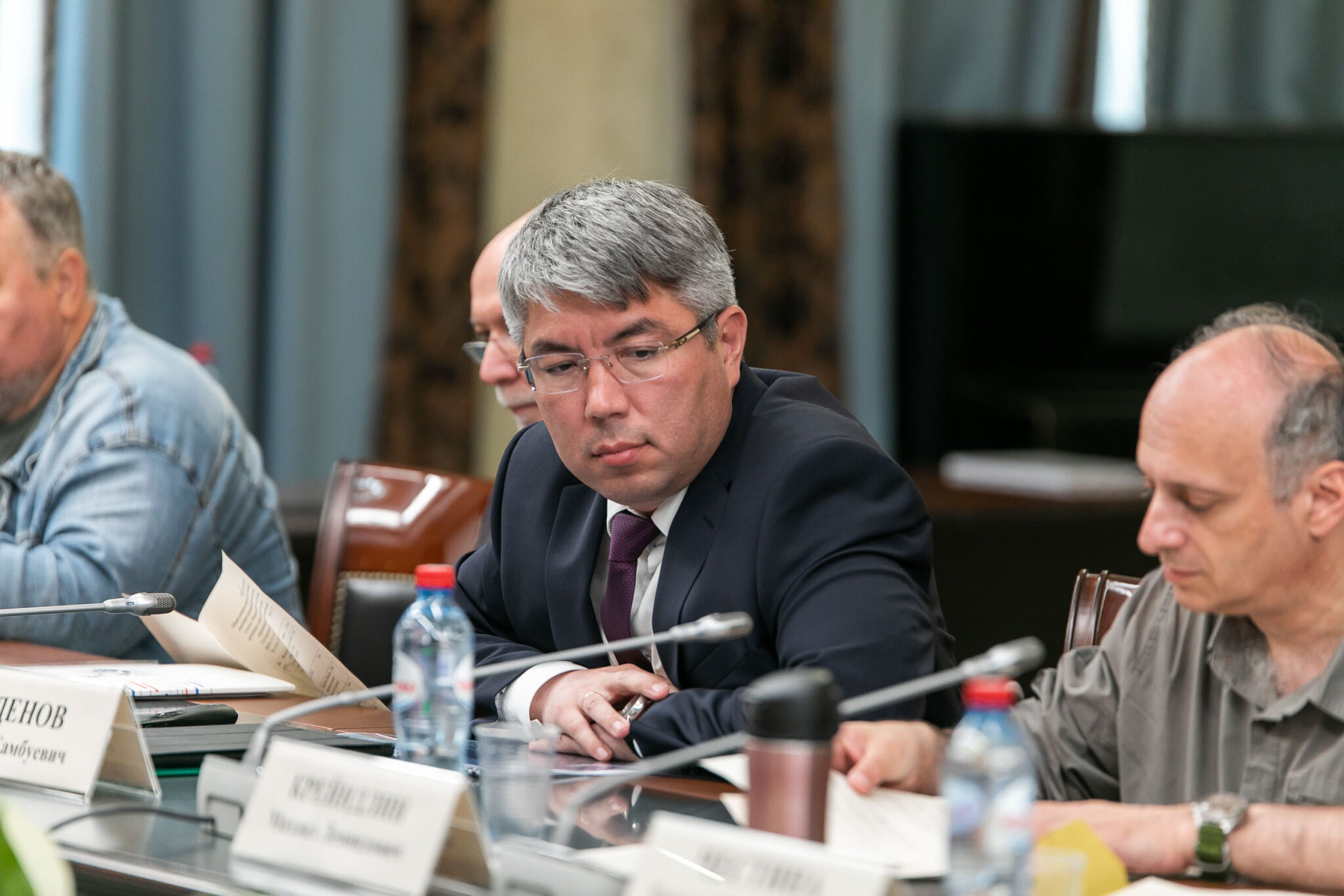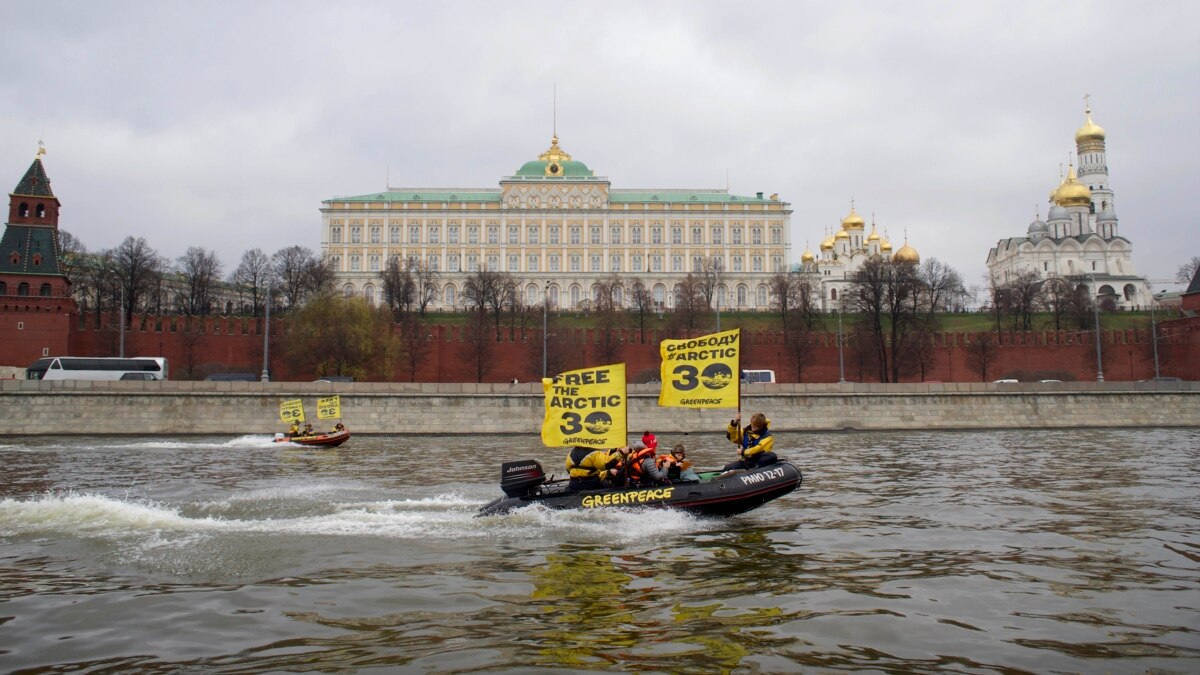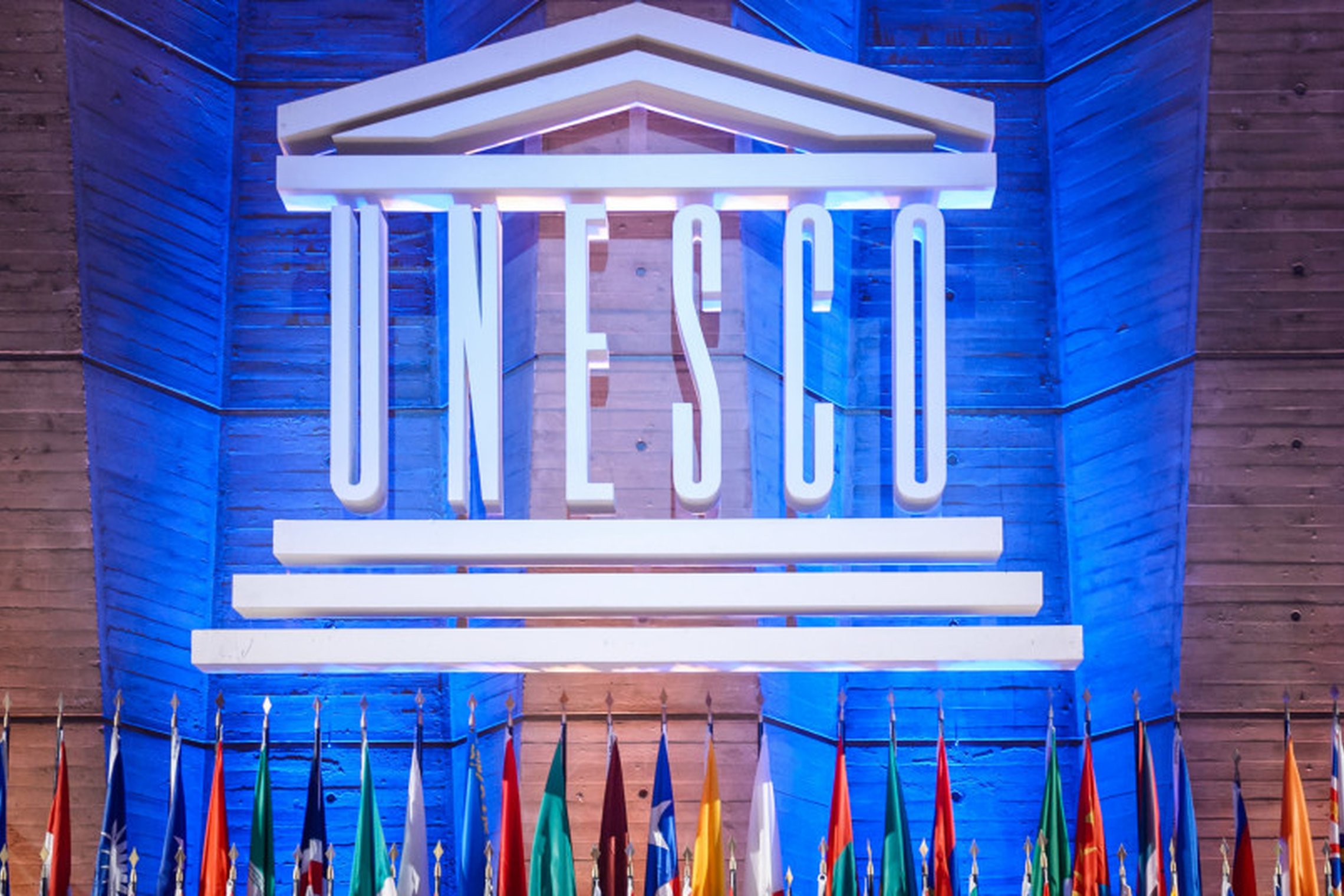by Eugene Simonov
The author’s opinions and views do not necessarily reflect those of UWEC Work Group.
This text is a joint publication of UWEC Work Group and Kedr.media.
What will the Russian environmental movement look like after Russia’s largest environmental organization is banned?
Two weeks ago Russian authorities declared Greenpeace an “undesirable organization”, putting its workers, supporters, and sympathizers at risk of persecution. The withdrawal of major international organizations – Bellona was named undesirable just prior to Greenpeace, and WWF was declared a “foreign agent” – will greatly impact the Russian environmental movement and probably lead to its restructuring. Now more than ever helping environmental activists to continue their work, find (as necessary) new focus areas, and strengthen connections within the overall “green” movement is critically important.
On May 22, nearly all employees of Greenpeace Russia lost their jobs. Not because they had displeased their employer; no, the Russian branch liquidated itself in order to avoid endangering staff and supporters, after the Russian prosecutor’s office declared the international organization “undesirable” on May 19. In today’s unfortunate circumstances, I was not at all surprised.
Over the last few days, commentators have speculated about who stands to benefit most from Russia Greenpeace’s liquidation.
The organization effectively resisted dilution of the “Law on Lake Baikal protection”, instead advancing reasonable alternatives and garnering thousands of votes on petitions against the legislation’s weakening. One lobbyist for the dangerous bill is quasi-hereditary parliament member Alexander Yakubovsky, a politician who boasts publicly that Greenpeace was declared undesirable on the basis of his petition. But the organization also shielded many other protected areas from attempts to destroy, privatize, or weaken protections. The Defense Ministry may have been offended by criticism of their encroachment on Wrangel Island Reserve; the Russian Forestry Agency may have been offended by public monitoring of catastrophic fires; and various other ministries and departments could have been offended by regular constructive and effective criticism of ill-conceived draft laws. Greenpeace’s list of enemies is formidable.
What does Greenpeace’s undesirable status mean for the Russian environmental movement and civil society as a whole?
Undesirable risks
The decision to recognize an organization as undesirable is made non-judicially by the Prosecutor General in consultation with the Ministry of Foreign Affairs, however absurd that may sound. In the eight years since this regulation came into effect more than 80 organizations have been labeled undesirable, but only three of those organizations have had an environmental focus: Pacific Environment (an NGO engaged in supporting grassroots environmental activism), Bellona (an NGO addressing nuclear waste disposal and providing legal assistance to communities on environmental issues and environmental education), and Greenpeace.
The recognition of organizations as undesirable is regulated by Article 3.1 of the “Law on measures to influence persons involved in violations of fundamental human rights and freedoms, rights and freedoms of citizens of the Russian Federation”, introduced in 2015. An undesirable organization is “a foreign or international non-governmental organization whose activities pose a threat to the foundations of the Russian Federation’s constitutional order, the country’s defense capability, or state security”.
Amnesty International stated that the purpose of the “Law on undesirable organizations” is to “isolate active people in Russia, create an atmosphere of fear and uncertainty, and minimize Russian cooperation with European, American, and international organizations”. The United Nations Human Rights Committee recommended that Russia repeal or revise its legislation on undesirable organizations.
Organizations whose activities are considered undesirable cannot, in principle, operate in Russia. All Russian citizens and legal entities, as well as other persons permanently residing in Russia, are prohibited from participating in the activities of undesirable organizations. This includes distributing materials produced by undesirable organizations.
Reprinting or even sharing virtual links to their publications is subject to administrative liability under Article 20.33 of the Code of Administrative Offences (participation in the activities of an undesirable organization): individuals face a fine of 5,000-15,000 rubles and legal entities, 50,000-100,000 rubles.
Article 284.1 of the Criminal Code of the Russian Federation provides for criminal liability in cases of more serious “involvement”. Repeated administrative violations can result in up to four-years’ imprisonment, financial support of an undesirable organization – up to five years. Those found guilty of “organizing activities” for an undesirable organization face as many as six years of imprisonment.
Now, people supporting Greenpeace domestically in Russia and those Russians who do so abroad are subject to criminal prosecution. In other words, if I, a Russian citizen living in Australia, make a donation tomorrow to Greenpeace Australia’s campaign to protect platypuses, then criminal proceedings could potentially be initiated against me for funding an undesirable organization.
In other words, the consequences are broader and more dangerous for others than in the case of recognizing an organization or individual as a “foreign agent”. Affixing undesirable status to Greenpeace is a tremendous blow to the environmental community as a whole.
Unlike foreign agent World Wide Fund for Nature (WWF), an expert organization that actively finances joint projects with nature reserves and other environmentally-focused government agencies, Greenpeace is a grassroots organization that works with frontline community activists. Tens of thousands of active supporters and hundreds of thousands of people motivated to use Greenpeace’s methods and educational materials or simply signed their petitions and distributed their materials on social networks were associated with it.
Greenpeace’s undesirable status will force its allies to remove all useful information obtained “from” or produced “jointly” with Greenpeace from their websites and social networks. Meanwhile, Greenpeace is the undisputed leader of advocacy, education, and programs for the protection of World Heritage sites, waste reduction, recycling programs, addressing plastic pollution, protection of natural landscapes from fires, protection and management of forest areas, and a number of other topics in Russia. Now that everything created by Greenpeace is undesirable and banned from distribution, there may be a shortage of quality materials to support a wide range of environmental campaigns and projects throughout the country.
It is only natural that the environmental movement has strong global ties; there can be no “sovereign environmental conservation” in a global world. It is thus not surprising (and quite encouraging) that international environmental organizations that arrived in Russia 20-30 years ago enjoyed great authority: WWF, Greenpeace, Bellona, and others. These organizations were an important link between the Russian environmental movement and their counterparts in other countries, and their national chapters played an important role in coordinating the Russian environmental movement. This was especially true after most of the large, independent, domestic NGOs were recognized as foreign agents starting in the 2010s. Today, this cross-country coordination has been dealt a very painful blow.
Struggles for Baikal without Greenpeace
At noon on May 23, the day after the mass dismissal of Greenpeace staff, the Commission on Ecology and Environmental Protection under the Public Chamber of the Russian Federation and the Duma’s multi-partisan “Baikal Working Group” met to discuss proposed amendments of the “Law on Lake Baikal protection”. During the bill’s first hearing in the State Duma, elected deputies and senators with political and economic interests in the Baikal region proposed a draft law to radically weaken World Heritage site Lake Baikal’s conservation regime. The bill would greenlight wholesale logging along the lake’s shores and rezone forest areas into other land categories allowing tourism and infrastructure development. Naturally, the lands would be simultaneously privatized as well. Private interests have been hidden behind demagoguery regarding the needs of the population suffering under excessively strict conservation rules, for example, preventing municipalities from expanding cemeteries near shoreline villages. In their agitation, representatives even suggested deleting the reference to “natural World Heritage Sites” from the “Law on environmental protection”, calling the term a concept alien to contemporary Russian law.
This was the moment when it became clear that eliminating Greenpeace did not do lawmakers any good at all. At the moment of their expected triumph, their whole scheme began to crumble.
Apparently impressed by UNESCO’s harsh promise to transfer Baikal to its List of World Heritage in Danger, the Russian Foreign Ministry opposed drastic reductions to the lake’s protection at the last moment and advised Duma members that such amendments would permanently undermine the country’s reputation and only contribute to Russia’s ouster from international mechanisms. [Note: the author is in possession of this letter.].
On the morning of May 23, instead of supporting the initiative, State Duma Chair Vyacheslav Volodin clearly ordered the bill’s initiators to postpone its first hearing and to moderate their appetite for privatizing Baikal’s shoreline and erasing the concept of natural “World Heritage” from Russian environmental law. As seen in a video, during the May 23 meeting of the Public Chamber of the Russian Federation (PC RF), Buryatia Republic governor Alexei Tsydenov sat down alongside newly-unemployed Greenpeace expert Mikhail Kreindlin. At the beginning of the event, Kreindlin was introduced by Commission chair Elena Sharoykina as an “expert for the Coordinating Council for Ecological Wellbeing under the PC RF”. The two leafed through documents together, and after a brief dialogue, Tsydenov commented that he “supports Kreindlin’s version”, the essence of which is a ban on clear-cutting forests and making it possible to create new cemeteries and connecting roads near coastal villages.

Several former Greenpeace employees now turned experts associated with other respected domestic environmental organizations spoke out and were also supported during the Commission meeting. In essence, the deputies actually denounced their original text in the bill dismantling Baikal legislation and instead called on the public to engage in dialogue to “improve the bill”. It is, of course, too soon to celebrate a victory, but it is clear that the previously proposed dismantling of Baikal conservation laws will not go to a first hearing in the State Duma for the time being. And the most bloodthirsty version has certainly been taken off the table.
After Greenpeace
The events in the Public Chamber inspire cautious optimism, but let us not underestimate the risks and difficulties that await the environmental community.
The destruction of Greenpeace is just one factor in the current dismal geopolitical situation affecting the Russian environmental movement. Today, the primary challenge is the war that the Russian authorities have unleashed on both foreign and domestic fronts. Where in times of peace the government did not love, but tolerated these groups, today, ramped-up wartime repressions have hit WWF, Greenpeace, and Bellona.
Wartime suppression of civil society is a safe and inexpensive way for the government to blatantly “strike a blow against Western enemies”, when in actuality it is acting out an entirely different slogan of “beat your own, so that others may fear”. Whether the authorities’ aggression will spread to more local environmental movements remains to be seen. Before the war, environmental NGOs were thinned out by branding over 30 organizations as foreign agents. So far, individuals have only twice been recognized as foreign agents, in October 2021: Elena Solovieva and the author of this text, and both specifically for their work as environmental journalists. It is not yet clear whether the state will intensify individual persecution of environmentalists.
Fellow UWEC Work Group colleague and climate journalist Angelina Davydova believes that local environmental activists and their groups won’t disappear, because environmental problems are worsening everywhere. Many activists have left the country amid the hostilities against Ukraine, but most local activists and experts will remain in Russia, because their activities and civic motivation are firmly tied to challenges and values within Russia and to abandon them would be to betray themselves. But the movement will be more decentralized, with a partial withdrawal from public activities and reduced opportunities for communication and coordination at the national level. The power structure and pseudo-environmental organizations it has created to imitate true activism and advocacy are actively engaged with local groups. We know from Soviet-era experience that even such officious organizations as the All-Russian Society for Nature Conservation, for example, often played a key role in upholding specific environmental values during the darkest periods of Soviet history. Other “hotbeds” of environmental freethinking were scientific institutions, ranging from strict scientific nature reserves to academic institutions.
Strong horizontal layers and interconnectivity have always been an advantage for the environmental movement. Strong ties between those who left and those who stayed remain intact, but whether they can replace the expert and organizational support provided by national branches of major international NGOs is unknown.
As we see in the recent Baikal example, much depends on the position and fate of specific leading experts and leaders in different spheres of environmental work. If they manage to continue to lead and coordinate their activities informally, the environmental movement will survive and adapt as new conditions arise. It is more important than ever to support both the activists who have left Russia and those who remain to find new niches and to strengthen interconnectedness in the shared movement.
Main image source: France24.com








Comments on “Greenpeace: Instead of an epilogue”